Breast explant surgery is done to remove breast implants for medical or cosmetic reasons. You may require explant surgery if you are having issues with implant rupture, capsular contracture (tightening around the implant), or shifting/rotation of the device. Some patients elect to have their breast implants removed due to personal preference or complications years after the initial augmentation or reconstruction. The goal is to relieve discomfort and restore natural breast contour by removing the implants and surrounding scar tissue.

Do I Need Explant Surgery?
Breast explant surgery candidates are predominantly women seeking removal of breast implants for cosmetic augmentation, post-mastectomy reconstruction, or occasionally for gender-affirming procedures. Some common reasons for getting explant surgery include:
- Women who had breast augmentation or breast reconstruction surgery in the past and now want their implants removed. Reasons may include cosmetic dissatisfaction with the results, complications like capsular contracture causing breast pain/deformities, shifting/rupture of old implants, or health concerns over potential links to autoimmune issues.
- Cancer patients who underwent a mastectomy and had breast reconstruction done with implants. Reasons for explant surgery may be to alleviate discomfort, improve cancer surveillance if imaging is hindered by implants, or remove and replace old implants due to complications.
- Some transgender patients who had breast augmentation surgery as part of gender-affirming treatment may later desire explant surgery. Reasons are typically reversal of an earlier decision to have breast implants due to personal preference.
Types of Explant Surgery
The type of explant procedure used depends on your specific anatomy, the extent of scarring, the reason for explantation, and vision for results. Your plastic surgeon will guide you through the different options to safely remove implants and problematic tissue while optimizing aesthetic results.
Total En Bloc Capsulectomy Explant
An en bloc explant entails removing the breast implant along with the surrounding scar tissue in one single piece or "block." This helps limit rupture and tissue disruption during explantation if significant scarring is present.
Partial Capsulectomy Explant
In this approach, the plastic surgeon removes the breast implant but leaves some of the posterior capsule in place, trimming away only scar tissue that has thickened or tightened around the implant. This takes less time and is somewhat simpler.
Fat Graft Explant
Some patients choose to have liposuction first to harvest unwanted fat, then, at a later date, use their own fat as a natural tissue filler injected back into breast areas left concave or with indentations after implant removal. This grafted fat adds volume and smooths contours.
What to Expect
Before Your Explant Surgery
In the weeks prior to your explant procedure, you will meet with your plastic surgeon to discuss your medical history and specific goals for removing your breast implants. They will evaluate your breasts and tissue to determine the most suitable surgical approach. Typical planning also involves blood work, medical clearance, avoiding medications/supplements that impair healing, arranging a caregiver, stocking up on soft foods, and purchasing recommended recovery supplies like gauze and gentle soap. The night before surgery, you will refrain from eating or drinking anything after midnight.
During the Procedure
On the day of surgery, the surgical team will start an IV line to administer fluids and anesthesia according to the pain control options you selected prior with your physician. The duration depends on whether a full or partial capsulectomy is performed alongside explantation but typically ranges from 1-3 hours. The surgeon will make a small incision, either around the nipple edge or under the breast, then meticulously dissect the scar tissue enveloping the implant before removing it. The space is cleaned out, and incisions are closed with dissolvable sutures. A drain is also typically placed and will remain in place for several days post-operatively.
After the Procedure
Initial post-op is spent in the recovery room monitoring vitals before you are stable enough to go home, where rest and limited movement are encouraged for at least a week. Mild pain meds will manage discomfort with the breasts feeling sore and bruised. Drainage tubes may stick out, collecting fluid buildup. Over several weeks, swelling and numbness will dissipate, allowing you to return to non-strenuous activities by 4-6 weeks. Scars also continue maturing for several months. Your surgeon will follow up to check healing milestones and give guidance on post-explant care needs.
Recovery
The initial breast explant surgery recovery period focuses on rest and care of the surgical site as it starts healing. For the first 1-2 weeks, you can expect significant swelling, bruising, and discomfort. Your chest will feel tight and tender to the touch. Most patients take a week off from work and limit arm mobility to avoid aggravating incisions. Your surgeon will prescribe pain medication to ease post-surgical discomfort in these early weeks, along with antibiotics to prevent infection as the closure heals. An important aspect of explant recovery is wearing a supportive compression bra 24/7 in the first months after surgery, only removing it to shower or cleanse surgical wounds as instructed. This compression bra minimizes swelling and encourages good contour as healing progresses.
Over the next few weeks after surgery, swelling and sensitivity around surgical sites and incision lines will gradually subside. Your surgeon will monitor recovery milestones at follow-up visits around the 2-week, 6-week, and 12-week marks post-surgery, ensuring you are healing well. By 2-4 weeks, most patients feel comfortable easing back into light exercise and a normal productivity schedule. Some numbness in the chest or potentially decreased nipple sensation may persist for several more months before the sensation returns to normal. Major milestones should stabilize by the 3-4 month mark, though the final results continue maturing for up to a full year as residual internal swelling resolves.
Follow-Up Care
Close adherence to your surgeon’s follow-up protocol ensures safe, satisfactory results from your breast explant process. Typical follow-up care after breast explant surgery includes:
- Regularly scheduled follow-up visits with your plastic surgeon to closely monitor your progress healing routinely after surgery. This allows evaluation of issues like fluid build-up, infection risks, wound separation, tissue healing milestones, etc.
- Use of a well-fitted compression support bra worn almost 24 hours a day for the first several months per your surgeon’s recommendation. This minimizes swelling and encourages good shape as healing progresses. Continued use of compression/sports bras may be advised for up to a year.
- Application of recommended scar care (silicone sheeting, ointments) for the first year to maximize incision line fading. Avoiding direct sunlight exposure helps prevent pigmentation.
- Following precautions regarding restrictions on activity, exercise, lifting, and other higher-risk movements, especially in the first 2 months post-op before surgical sites have stabilized. Your surgeon guides timelines for increased activity.
- Taking prescribed medications on schedule, including antibiotics, pain medications, etc., per your plastic surgeon’s specific orders. Proper wound care and hygiene are also important.
- Consult your surgeon as needed regarding anything indicative of potential complications, like asymmetric swelling, bleeding, loss of nipple sensation, fever, pus, etc., to allow prompt intervention.
Contact Us Today
Our Doctors
Discover a new level of care and confidence with the breast health experts at The Breast Center of New Jersey, a division of The Institute. Our surgeons are not just plastic surgeons - they are researchers, innovators, and global leaders invested in redefining what is possible in breast reconstruction and explant procedures. If you are considering explant surgery, put your trust in our dedicated breast specialists to provide the safest, most precise care focused squarely on your goals, comfort, and peace of mind.
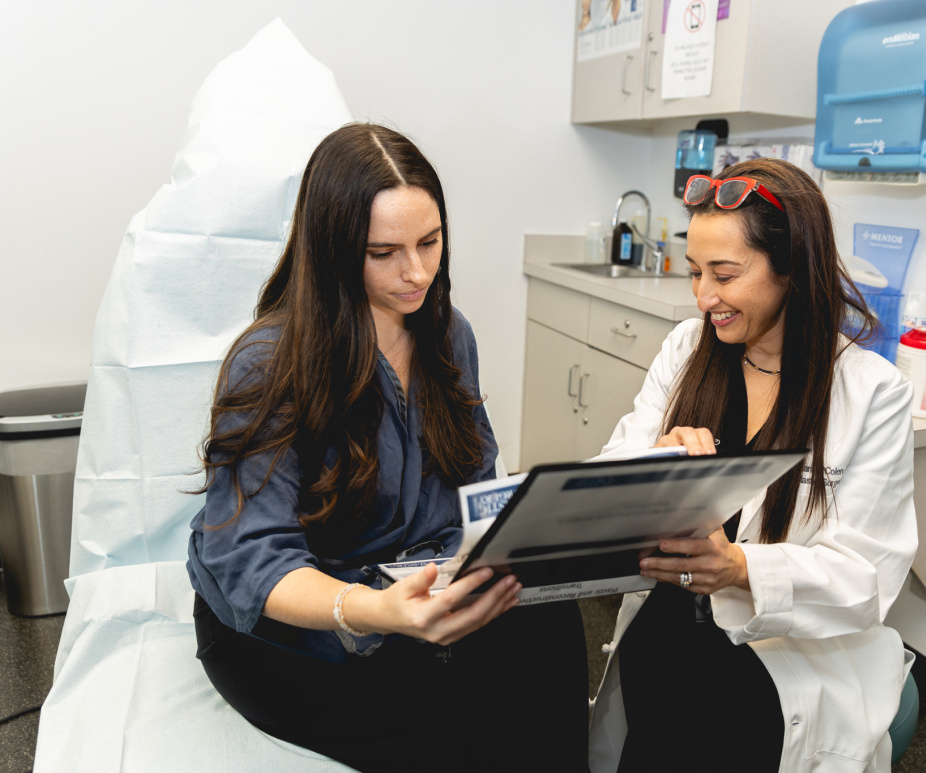
Schedule an Appointment
Preparing for explant surgery can be an emotionally taxing experience. The compassionate team at Breast Center of New Jersey is here to support, guide, and comfort you each step of the way with care and expertise. We encourage you to schedule a consultation at our specialized center to discuss your options for breast implant removal.

%201.svg)







-min.png)
.webp)
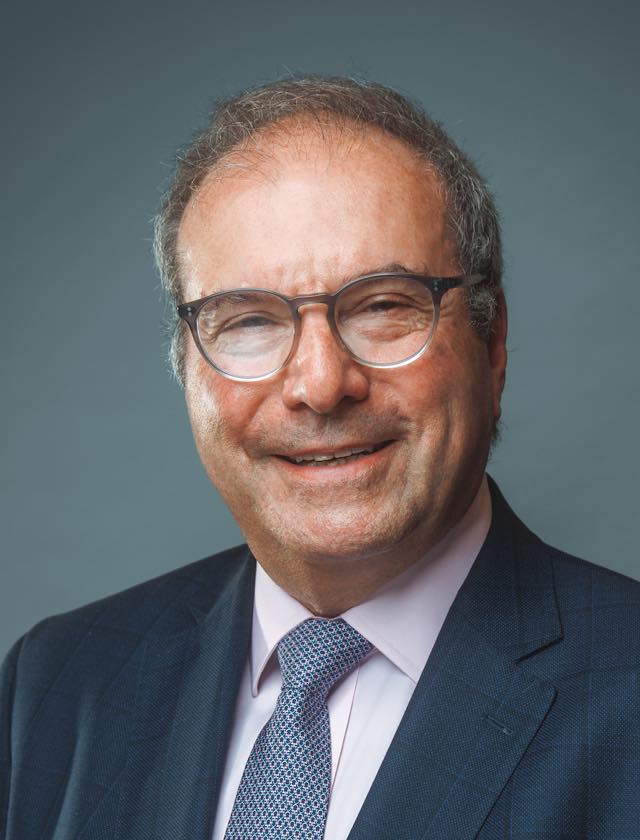

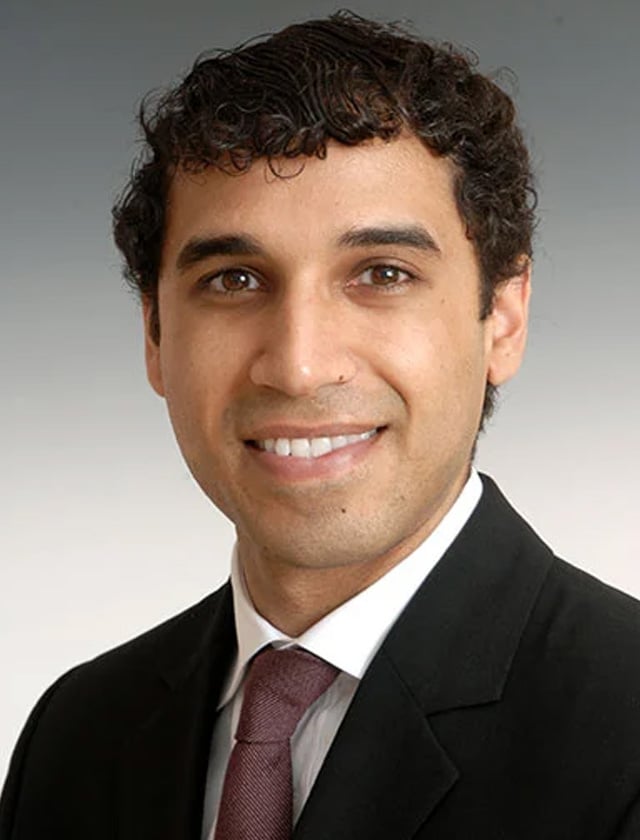







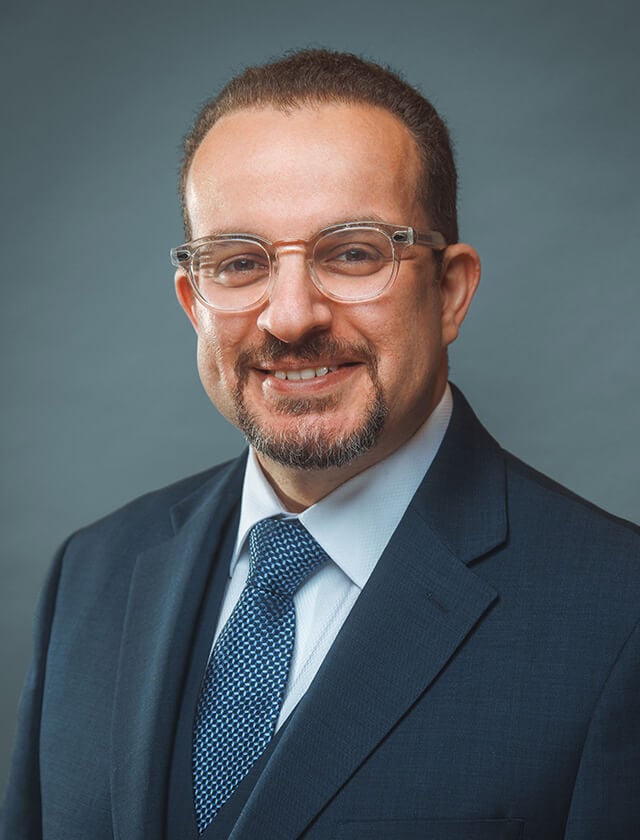
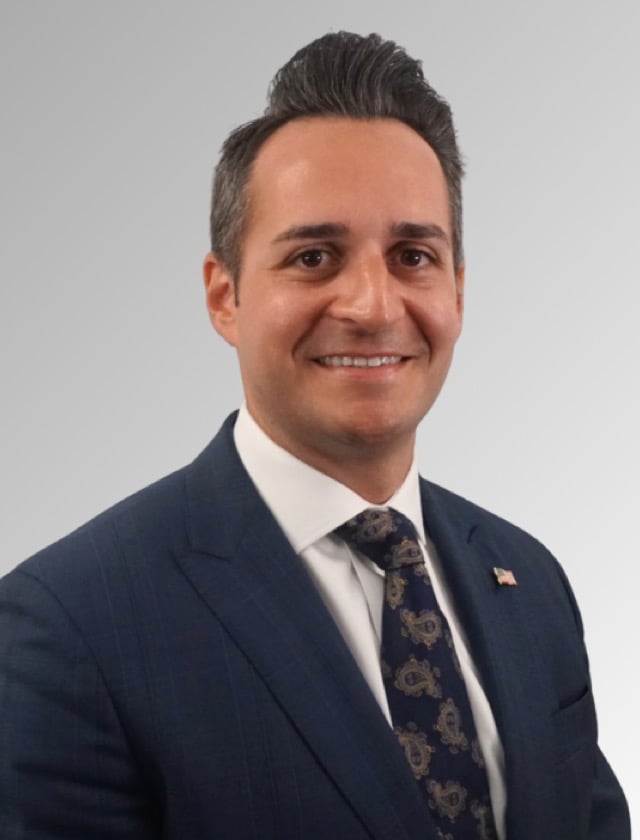











-1.jpeg)

